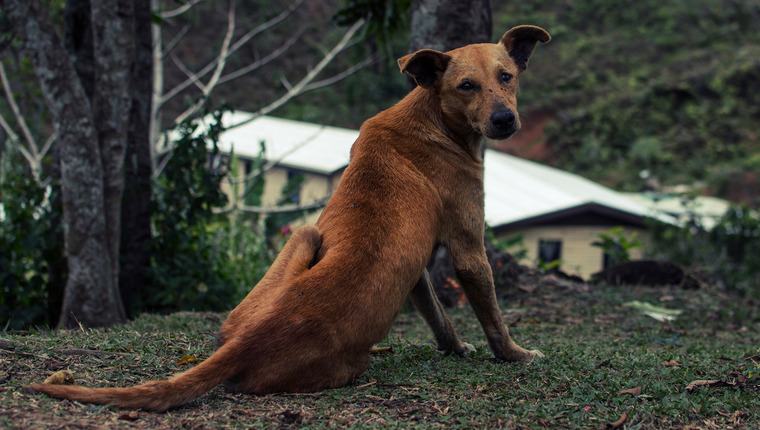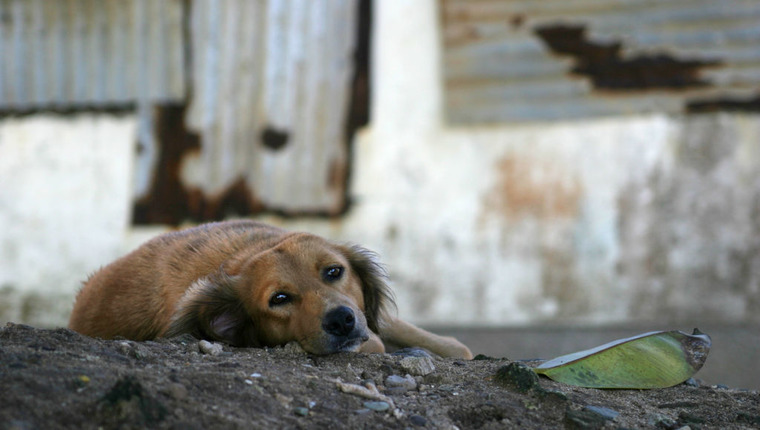
In Fiji, stray dogs are becoming a problem. Because of COVID, the country is now overrun with stray dogs. The situation has exasperated local dog advocates and is leading to increased animal abuse. And the solutions, while simple, could be too slow to save dogs’ lives.
Recently, The Guardian reported on Fiji’s stray dog crisis. Before COVID, several neutering programs were proactively handling stray dog populations, and with great success. However, lockdowns and quarantine orders effectively halted these programs, creating a worst-case scenario for animal welfare workers. Over the past two years, a dog baby boom has overtaken the island nation, with no volunteers to help mitigate the effects.
Overwhelming Numbers of Stray Dogs
According to Shaneel Narayan, the Society for the Prevention of Cruelty to Animals’ shelter manager, “there are between 20,000 and 30,000 dogs on the loose in the capital city of Fiji.” Narayan went on to say, “In a year we used to desex about 3,000 animals and because of [COVID]…we couldn’t do any of these programs.”
As a result, dogs roam freely, scavenging for scraps and spreading preventable diseases. On Fiji’s largest island, Viti Levu, the Greater Good Foundation (GGF) houses over 200 dogs in an open-air sanctuary. Mere Ranadi, a GGF caretaker who “knows each animal by name”, says they struggle to keep all the dogs fed. “Every day we go through 47 kilograms of rice and 52 kilograms of dal,” he says.
Finding a Solution for Fiji
GGF caretakers say because of regular abuse, many stray dogs have become aggressive. This has created a negative feedback cycle where dog attacks are broadcast in the news, fueling more anti-dog sentiment. For experts, the solution is simple: keep neutering dogs and the population will drop over time.
But that may be too slow to save these dogs. Accidents and abuse are increasing as local vet clinics are overwhelmed. And for sanctuaries like GGF, the problem is straining their resources. Without financial assistance, either from the government or private donations, Ranadi says the dogs in their care “would have nowhere to go”.









